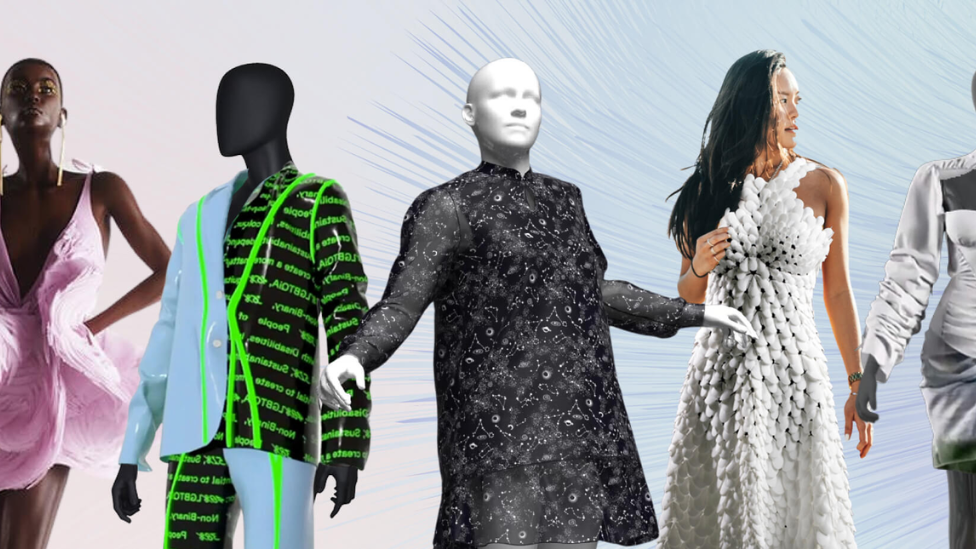The fashion and luxury sectors are not an exception to the transformation that NFTs bring about in numerous industries. As digital assets, NFTs offer unique possibilities for designers, brands, and customers to explore digital exclusivity, fashion, and sustainability. According to Messari’s Crypto Theses for 2023 report, the luxury goods market has been identified as a promising sector for NFTs.
Changing The Game For Digital Fashion
The world of luxury is undergoing a remarkable transformation thanks to the advent of NFTs. These digital assets not only give traditional luxury brands a way to connect with a younger demographic, but they also offer limitless possibilities. In addition to the material value of high-priced luxury goods, customers are drawn to the cultural value, tradition, and unique brand narratives they can experience online.
Blockchain technology is at the center of this change. It enables luxury companies to embrace the virtual world and adapt to the changing needs of their high-end customers. A perfect example of this is the partnership between Gucci, the prestigious fashion house, and Superplastic, a digital character brand. They collaborated earlier last year to launch the fascinating SuperGucci NFT collection. The collection, spearheaded by Gucci’s creative head of design, Alessandro Michele, flawlessly combined famous Gucci themes and designs with Superplastic’s digital creatures, Janky and Guggimon. In 2022, Nike achieved impressive revenue from NFTs, setting a high standard. Thanks to its partnership with RTFKT, which creates “sneakers for the metaverse,” the apparel giant earned over $120 million in revenue from NFTs.
The fashion industry’s use of NFTs presents numerous untapped opportunities, with augmented reality likely to play a significant role in the near future. Using NFTs, customers can create virtual versions of themselves wearing 3D apparel and share them on social media. The ability to create more immersive and engaging storytelling, and to share brand narratives digitally, allows for the formation of brand communities centered around fashion brands.
As a result of NFTs, the idea of ownership and exclusivity is also changing in the fashion and luxury industries. NFTs allow people interested in fashion to own and exhibit exclusive digital fashion items in virtual settings like the metaverse or social media sites. Luxury brands can increase the feeling of rarity and exclusivity for their premium products by tokenizing physical items. This adds an extra layer of verification and exclusivity.
Furthermore, NFTs can play a critical role in preventing fashion counterfeiting, which is still a major issue for brands even in 2023. Because there is still a lot of experimentation going on, the impact will become clearer over the next few years.
Conclusion
In a digital age, fashion, and luxury brands can change how they relate to their customers, drive innovation, and shape the future of the industry by taking advantage of NFTs. Many brands may not yet realize the potential of wearable digital fashion and NFTs and the various benefits they offer. The fashion industry’s digitization is progressing, and we are only at the beginning of the potential impact that NFTs could have on this field.
















